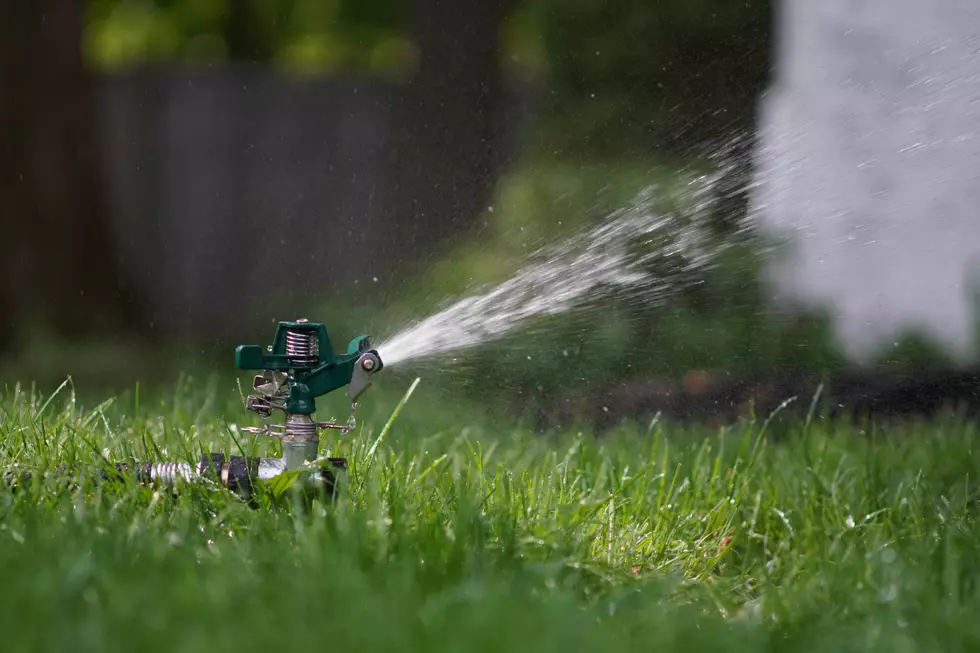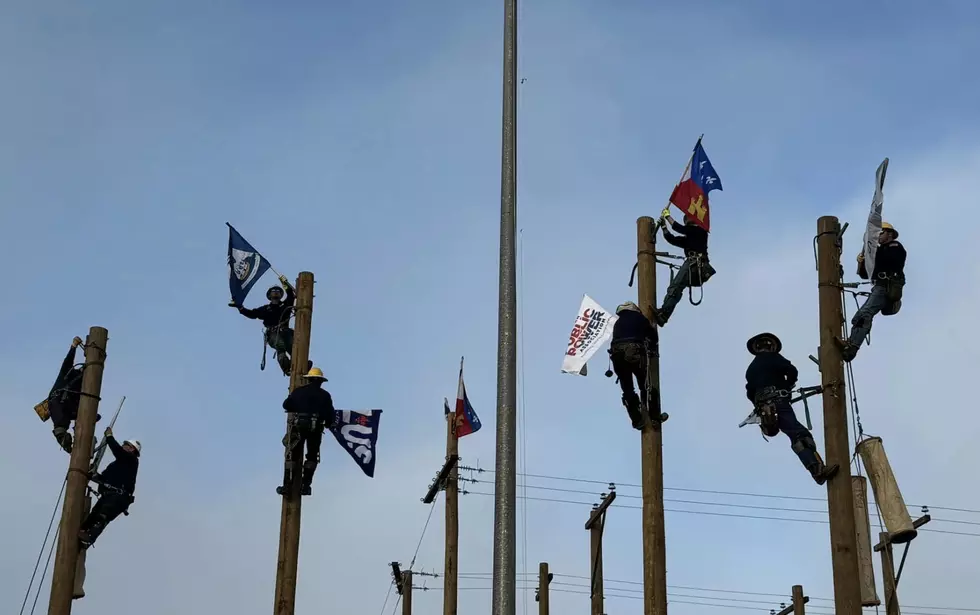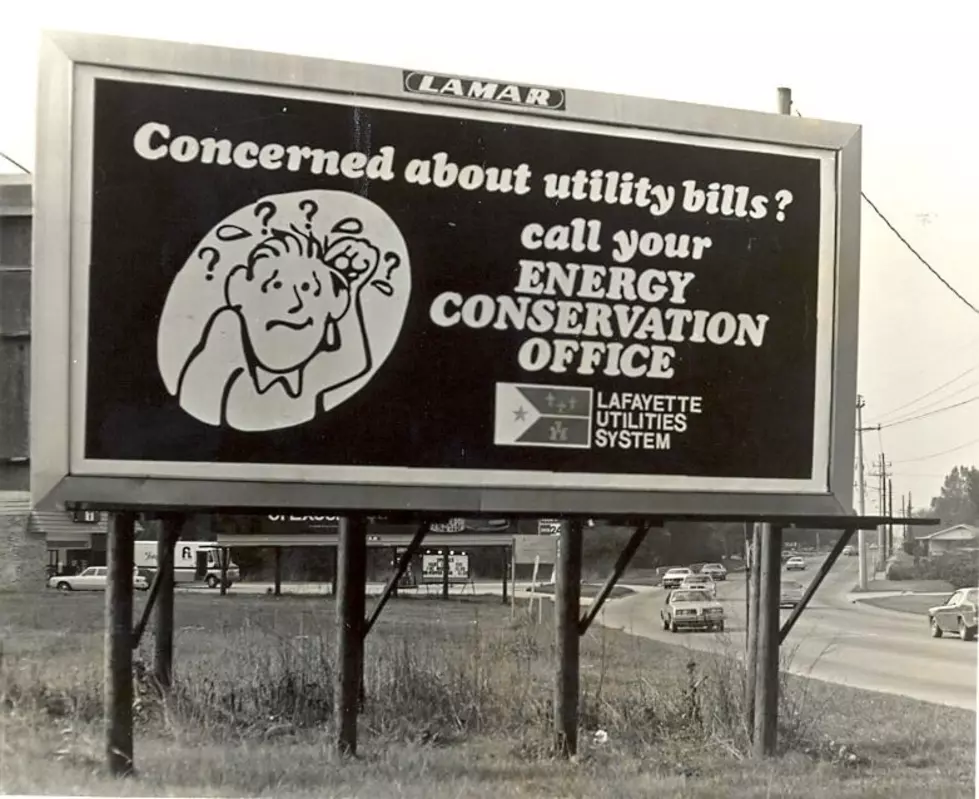
LUS Fiber Forensic Audit Is Complete
In February of this year, Lafayette Consolidated Government attorney Greg Logan contacted Carr, Riggs and Ingram CPA's and Advisors, to begin a forensic audit of the billing transactions between Lafayette Utilities System and LUS Fiber. The request for the audit came from the administration of Lafayette Mayor/President Josh Guillory.
The audit was released today. The audit was looking into what Lafayette Utilities System was being charged by LUS Fiber for The Power Outage Monitoring Service, or POMS along with other services LUS was paying LUS Fiber for.
The auditors conducted interviews with various members on staff with LUS and LUS Fiber. They also reviewed a multitude of email messages about these payment issues from a variety of personnel including Terry Huval.
Former LUS and LUS Fiber Director Terry Huval described POMS as an alert system that would immediately allow officials to respond to power outages on their distribution network that has 3,574 electrical distribution taps. Huval said that this system would reduce the amount of time that power would be out for customers based on the software they developed. According to the forensic audit, there would have to be at least two customers on a tap for a notification of a lost signal to be sent. Based on internal emails reviewed by the auditing firm, only 989 of the taps were working out of the total 3,574. They concluded that only about 27.7% of customers would have been serviced by POMS.
The price for POMS to monitor these taps on October 12, 2010, was $15 a month per tap, but by July of 2011, the amount had increased to $704,693 after a study from the Lafayette Economic Development Authority estimated that the POMS system would reduce outages by 20 minutes saving $2.03 million dollars a year. And the money that LUS was paying to LUS Fiber between 2011 and 2018 totaled $7,329,784. The auditors concluded that the LEDA study was based on theoretical costs of an hour-long power outage, and the POMS system was only serving 27.7% of the customers, so the realized savings would have been much lower since only that fraction of all of the electrical distribution taps were hooked up with the POMS software system.
The audit states,
Given that the charge exceeds the full cost of providing the service, the charges may violate the requirement of the FCA (Fair Competition Act) that a local government may not cross-subsidize its covered services with tax dollars, income from other local government or utility services, or any other means.
So LUS Fiber was getting money from LUS to pay its bills.
In a portion of the conclusion statement of the audit the report states,
Huval misrepresented the benefits of the POMS service and appeared to have knowingly and improperly priced POMS on a study from LEDA that provided estimated consumer savings instead of basing the price on LUS-Fiber's cost to provide, which was minimal. Huval was aware of the FCA requirements and the Rules but chose to repeatedly price POMS on the estimated cost savings to consumers, artificially inflating LUS-Fiber's revenues. The POMS charges were not compliant with the Rules and may violate state law.
According to the audit, LUS paid LUS Fiber $235,984. The amount increased to $1,013,400 for 2012 through 2018. The audit points out that Huval was notified on July 18, 2011, that there was a deficit of $710,850 for the upcoming year. Chief Financial Officer Lorrie Toups sent Huval an email explaining the situation.
The findings of this audit have been submitted to the 15th Judicial District Attorney Keith Stutes' office. We have contacted Mr. Stutes. He has not yet commented to us about the audit findings.
Another source of revenue for LUS Fiber was connectivity to lift stations. The move was made to get connectivity to the lift stations for monitoring via LUS Fiber even though there were other mechanisms in place, at that time, for monitoring.
When it comes to the lift stations that are part of the LUS wastewater system, the audit says that service upgrades appear to "be driven by Huval's intention to artificially inflate LUS-Fiber's revenue and may represent a cross-subsidy of LUS-Fiber by LUS, a violation of state law.
The audit states that by the end of May of 2013, LUS Fiber was receiving an increase of over $45,000 a month for the monitoring at lift stations even though the first phase of the installation was not finished. The audit suggests that there was billing for services by LUS Fiber at lift stations where there was no service available. The audit continues that there were unnecessary upgrades made that made it possible for LUS Fiber to bill LUS $1,431,367.
The findings of the audit also mention some instances when LUS and LUS Fiber did do some "self-reporting" to the Louisiana Public Service Commission about possible issues that were encouraged by former Lafayette Mayor/President Joel Robideaux.
CRI audited LUS Fiber from November 1, 2010 through October 31, 2018.
More From 99.9 KTDY










